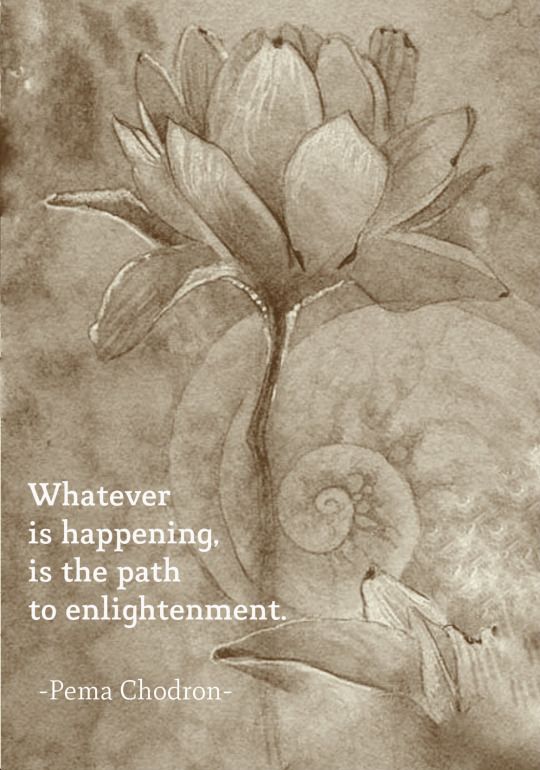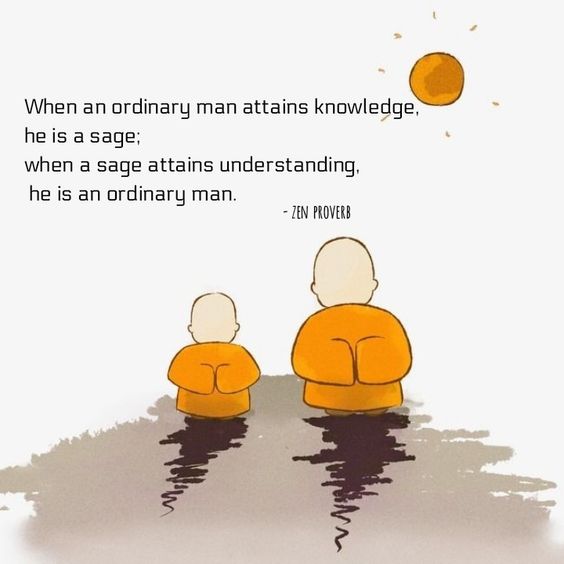“The more a person analyzes his inner self, the more insignificant he seems to himself. This is the first lesson of wisdom. Let us be humble, and we will become wise. Let us know our weakness, and it will give us power.”
William Ellery Channing, via A Calendar of Wisdom (Page 53)
“You can achieve wisdom in three ways. the first way is the way of meditation. This is the most noble way. The second way is the way of imitation. This is the easiest and least satisfying way. Thirdly, there is the way of experience. This is the most difficult way.”
Confucius, A Calendar of Wisdom (Page 41)
“It is better to know several basic rules of life than to study many unnecessary sciences. The major rules of life will stop you from evil and show you the good path in life; but the knowledge of many unnecessary sciences may lead you into the temptation of pride, and stop you from understanding the basic rules of life.”
Leo Tolstoy, A Calendar of Wisdom (Page 37)
“A thought can advance your life in the right direction only when it answers questions which were asked by your soul. A thought which was first borrowed from someone else and then accepted by your mind and memory does not really much influence your life, and sometimes leads you in the wrong direction.”
Leo Tolstoy, A Calendar of Wisdom (Page 21)
“Good advice at the wrong time is bad advice. Life is full of seasons and each season has different requirements. Know what season you are in, and you can better identify which ideas to utilize.”
James Clear, Blog
“(1) Do not postpone for tomorrow what you can do today. (2) Do not force another person to do what you can do by yourself. (3) Pride costs more than all that is necessary for food, drink, shelter, or dress. (4) We suffer so much, thinking about what could have happened, but not about what has actually happened. (5) If you lose your temper, count up to ten before you do or say anything. If you haven’t calmed down, then count to a hundred; and if you have not calmed down after this, count up to a thousand.”
Thomas Jefferson, via A Calendar of Wisdom (Page 19)
“We are not provided with wisdom, we must discover it for ourselves, after a journey through the wilderness which no one else can take for us… The lives that you admire, the attitudes that seem noble to you are not the result of training at home, by a father, or by masters at school, they have sprung from beginnings of a very different order, by reaction from the influence of everything evil or commonplace that prevailed round about them. They represent a struggle and a victory.”
Marcel Proust, via The Daily Laws (Page 5)
“Those who know the rules of true wisdom are baser than those who love them. Those who love them are baser than those who follow them.”
Chinese Proverb, via A Calendar of Wisdom (Page 15)
“What can be more precious than to communicate every day with the wisest men of the world?”
Leo Tolstoy, A Calendar of Wisdom (Page 7)
The Daily Stoic [Book]
![The Daily Stoic by Ryan Holiday [Book]](https://movemequotes.com/wp-content/uploads/2022/01/daily-stoic.jpeg)
Book Overview: Why have history’s greatest minds—from George Washington to Frederick the Great to Ralph Waldo Emerson, along with today’s top performers from Super Bowl-winning football coaches to CEOs and celebrities—embraced the wisdom of the ancient Stoics? Because they realize that the most valuable wisdom is timeless and that philosophy is for living a better life, not a classroom exercise.
The Daily Stoic offers 366 days of Stoic insights and exercises, featuring all-new translations from the Emperor Marcus Aurelius, the playwright Seneca, or slave-turned-philosopher Epictetus, as well as lesser-known luminaries like Zeno, Cleanthes, and Musonius Rufus. Every day of the year you’ll find one of their pithy, powerful quotations, as well as historical anecdotes, provocative commentary, and a helpful glossary of Greek terms.
By following these teachings over the course of a year (and, indeed, for years to come) you’ll find the serenity, self-knowledge, and resilience you need to live well.
Post(s) Inspired by this Book:
26 Seneca Quotes from The Daily Stoic on Vices, Virtues, and Fulfillment
The Daily Laws [Book]
![The Daily Laws by Robert Greene [Book]](https://movemequotes.com/wp-content/uploads/2022/09/Daily-Laws.jpeg)
Book Overview: Robert Greene, the #1 New York Times bestselling author, has been the consigliere to millions for more than two decades. Now, with entries that are drawn from his five books, plus never-before-published works, The Daily Laws offers a page of refined and concise wisdom for each day of the year, in an easy-to-digest lesson that will only take a few minutes to absorb. Each day features a Daily Law as well—a prescription that readers cannot afford to ignore in the battle of life.
“We have not even to risk the adventure alone, for the heroes of all time have gone before us; the labyrinth is thoroughly known: we have only to follow the thread of the hero path. And where we had thought to find an abomination, we shall find a god: where we had thought to slay another, we shall slay ourselves; where we had thought to travel outward, we shall come to the center of our own existence; and where we had thought to be alone, we shall be with all the world.”
Joseph Campbell, via Sunbeams (Page 154)
“It’s easier to quote, to rely on the wise words of others. Especially when the people you’re deferring to are such towering figures! It’s harder (and more intimidating) to venture out on your own and express your own thoughts. But how do you think those wise and true quotes from those towering figures were created in the first place? Your own experiences have value. You have accumulated your own wisdom too. Stake your claim. Put something down for the ages—in words and also in example.”
Ryan Holiday, The Daily Stoic (Page 378)
“Perhaps today will be the day when we experience happiness or wisdom. Don’t try to grab that moment and hold on to it with all your might. It’s not under your control how long it lasts. Enjoy it, recognize it, remember it. Having it for a moment is the same as having it forever.”
Ryan Holiday, The Daily Stoic (Page 346)
“The good and the wise lead quiet lives.”
Euripides, via Sunbeams (Page 138)



